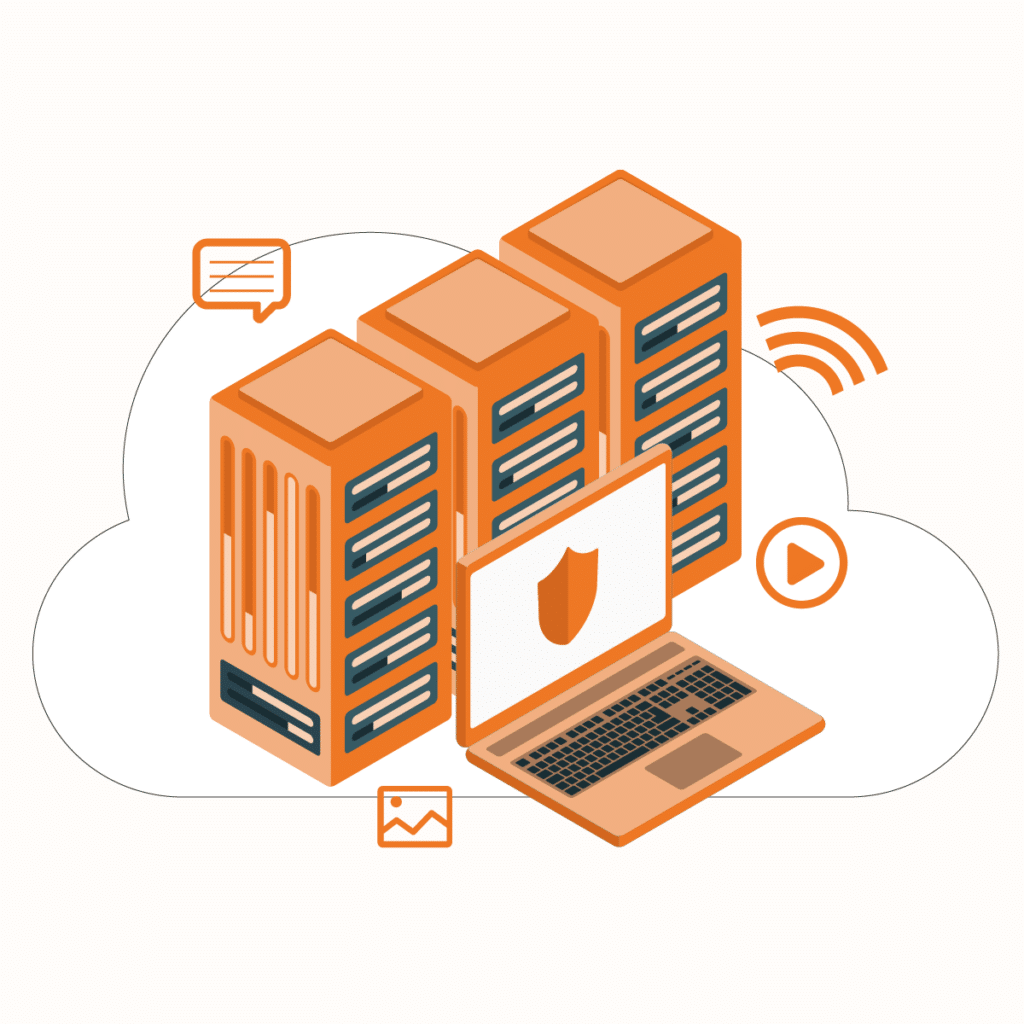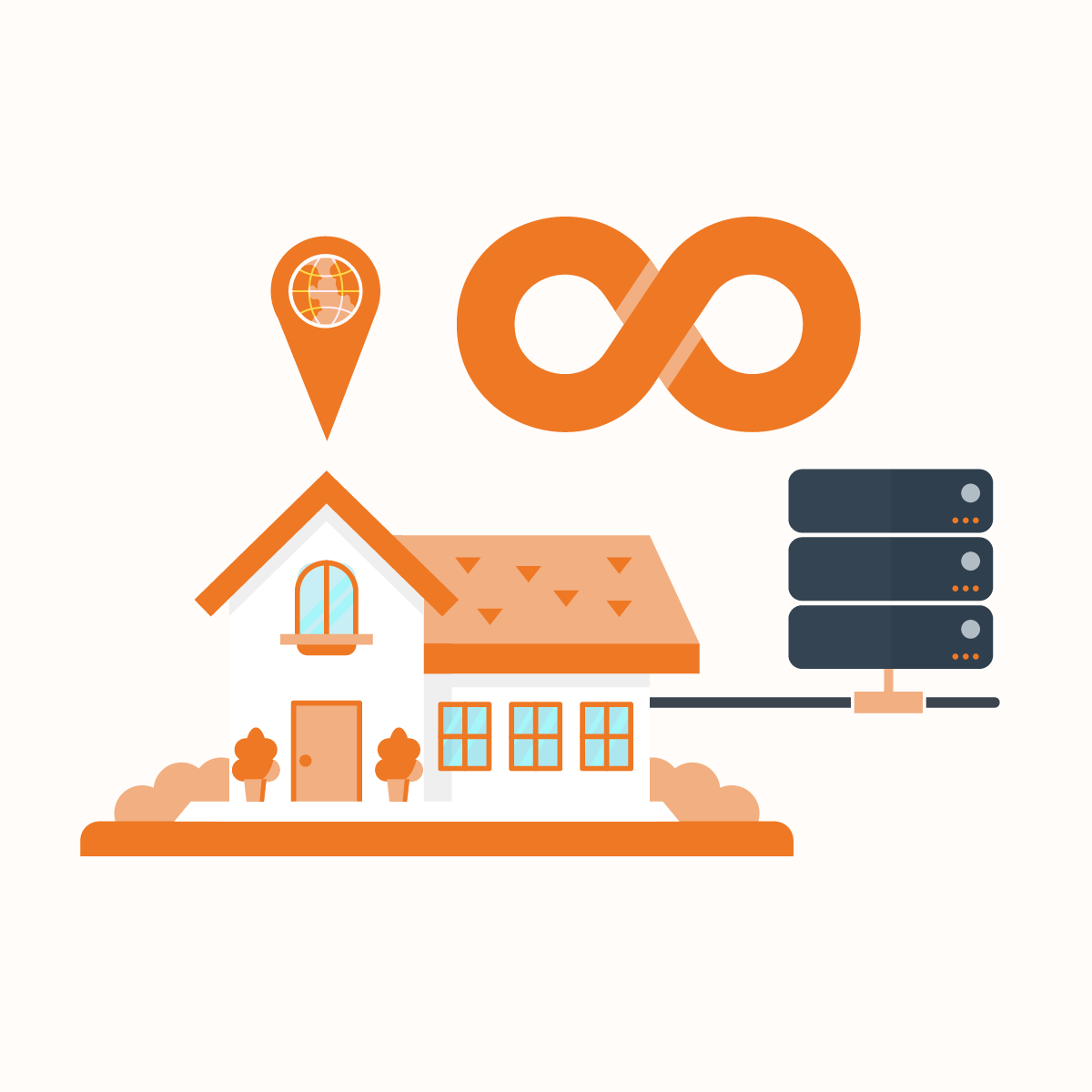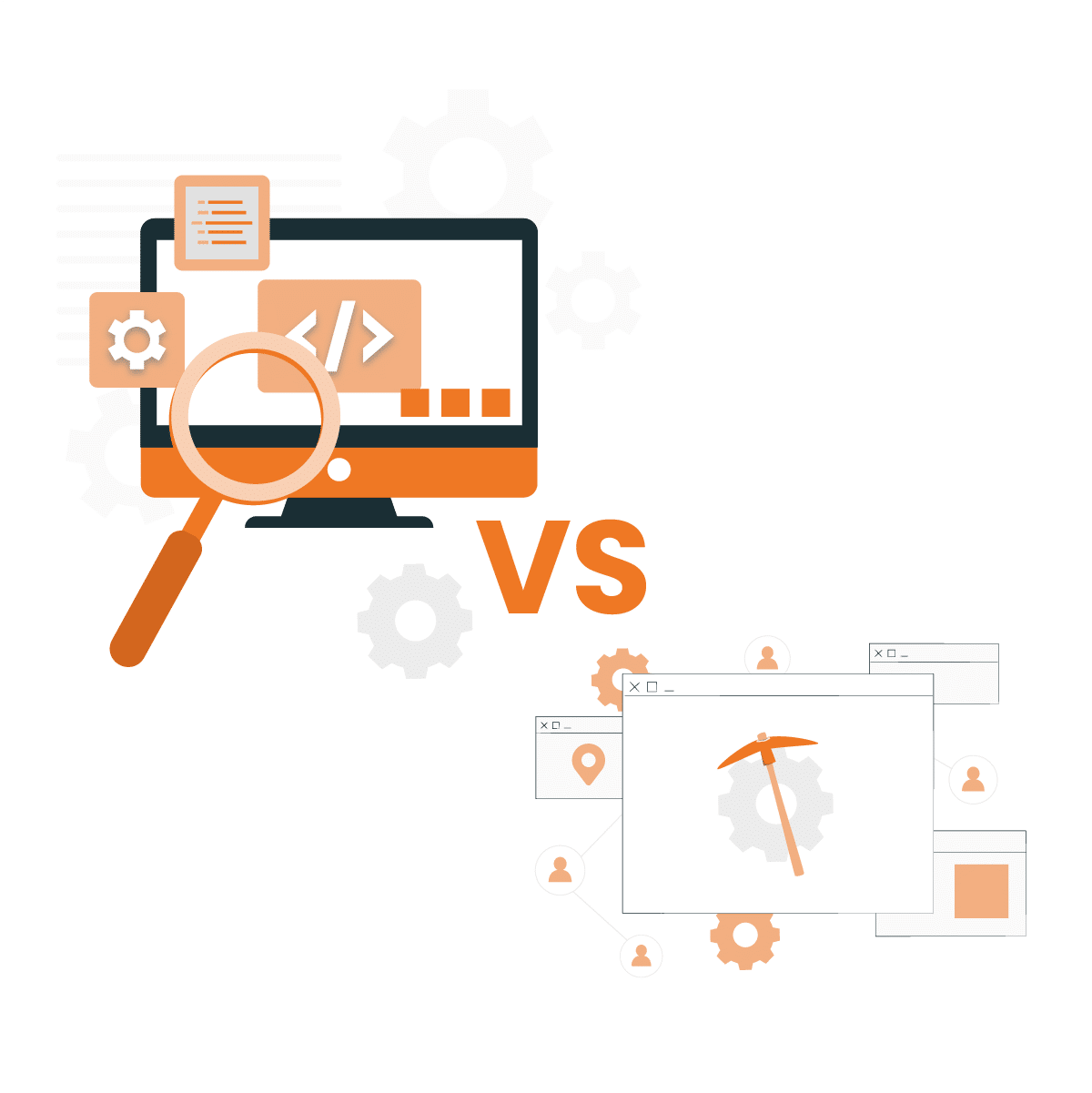We are moving at an exponential pace towards a data-driven world. The lightning-fast development of data analytics, the availability of big data, and the improvement in computing power have led to the advent of data-driven business development strategies. This is where web scraping with proxies comes into play.
This article covers the basics you should know about web scraping proxies and the benefits you can reap from them.
What Is Web Scraping?
Web scraping is the technique used to extract a large amount of data from targeted websites to gain business insights, implement marketing strategies, plan SEO strategies, or simply understanding the market’s competition.
What Is a Proxy?
Proxy: A proxy acts as a layer between devices and the internet. Proxies are third party providers that route device requests to the internet through their servers. As a result, the proxy server IP address is visible to websites instead of the actual device IP.
IP address: An IP address is a numerical address assigned to devices that connect to the internet. IP addresses give a unique identity to devices.
What Are the Benefits of Scraping Web Data?
Web scraping lets you get out from the hurdles of data extraction by helping you extract and aggregate any form of data, convert and save it in the desired format, retrieve it, analyze it, and basically – use it any way you like.
A scraper speeds up the web data extraction process by injecting automation into the process and ultimately offers you the benefits of:
• Lead generation
• Market research
• Brand protection
• Machine learning
• Price comparison
• Ad verification
• Travel aggregation
However, to effectively scrape web data, a proxy management solution is essential.
What is a Proxy Server?
A proxy server is an extra server existing between your request and the site you want to visit.
Proxy servers send requests on your behalf and pass on the request’s results back to you, thus making you appear anonymous to the website.
A target website sees the requests to be emerging from the proxy server IP address, therefore hiding your real IP address.
Why Using Proxies for Web Scraping?
The benefits of using proxy services for web scraping can be drilled down to the following:
• Hiding your real source machine’s IP address.
• Getting past the rate limits that are set on the target website.
• Mining data from websites more reliably, thus reducing the chances of being blocked or banned.
• Making the requests from any geographical region or device, allowing you to scrape region-specific content.
• Making a high volume of requests to target websites & scrape data using a dedicated proxy pool without the fear of being banned.
• Saving you from blanket IP bans deployed by some websites.
For example, websites commonly banned AWS servers since they have a record of overloading websites with a huge number of requests.
• Allowing you to make unlimited concurrent sessions to the same or different websites.
What Are the Types of Proxies?
Datacenter proxies
The most common type of proxies, datacenter proxies, offer IPs of servers housed in data centers. Datacenter proxies are private or personal proxies that are not associated with Internet Service Providers (ISPs). These types of IPs are cheap and can help build a robust web crawling solution.
Residential proxies
These are the proxies that offer private residences IPs and help you route your request through residential networks. These are harder to get and come with a more significant price tag. However, they can give added benefits to businesses since target websites generally don’t ban residential IPs. These IPs make you appear like you are a real website visitor going through a website.
Mobile proxies
These are private mobile device IPs and also difficult to obtain and also legally complicated to maintain. In the absence of proper knowledge of proxy management, datacenter proxies and residential proxies give similar results.
Which Proxy Server Is the Best?
If you are looking for a relatively straightforward, cheap solution, which won’t require any massive proxy management experience, and that meets your web scraping needs – datacenter proxies can be a good choice.
However, if you need a web scraping proxy to scrape large amounts of data from websites that generally block datacenter proxies, then residential IPs are your best bet.
Mobile IPs also offer improved benefits in comparison to datacenter IPs. However, they are only recommended when you are looking to scrape the results that are shown explicitly to mobile users.
Apart from that, mobile IPs can be extremely expensive and legally difficult to obtain.
How Does Integrating Proxies to Your Scraping Software Work?
Several proxy providers offer effortless proxy integration to your web scrapers and also offer extra tools that help you reap business value out of the scraped data.
The process of integrating proxies into scraping tools is pretty straightforward. It involves passing the web scraper request through the chosen type of proxy server and deploying proxy rotation periodically between requests to prevent being blocked.
Check out NetNut’s integration page to learn more about integrating NetNut’s proxies with various web scraping tools. Also, visit this Python web scraping tutorial for more useful insights.
Use Netnut Residential Proxies for Better Success Rates
NetNut offers the fastest residential proxy network with one-hop connectivity, rotating IPs, and 24/7 IP availability that meets your web scraping and data extraction expectations. Additionally, you can also select region specific IPs to obtain the city / state-specific information from your target websites.
Get rotating residential proxies by default and fully optimized private proxy pools for web scraping.
Start using residential proxies with higher speed, quality, and around-the-clock support.






